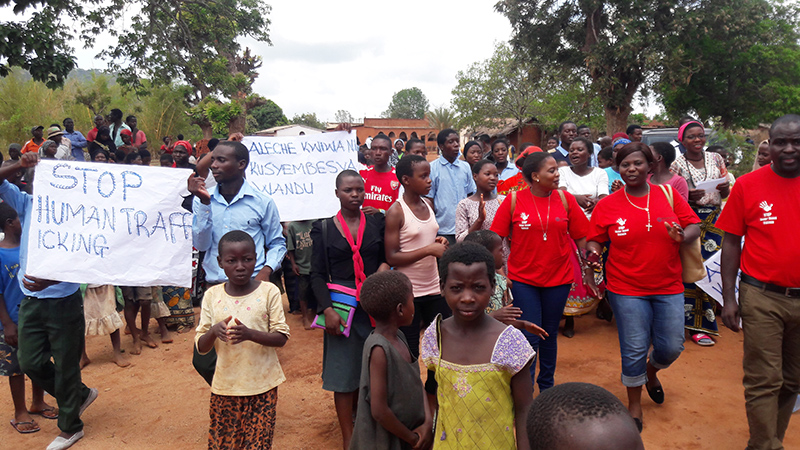The majority of the countries where NCA implements its GBV programme can be classified as either conflict or post-conflict. Increased sexual violence in war and conflict is a silent weapon of war which seriously affects not only girls and women, but also boys, men and whole communities. Whilst NCA’s global GBV programme addresses this issue, it is the main focus of NCA’s Thematic Programme for Reduction of GBV in Conflict and Post Conflict Settings (GBV CPC) 2015-2017 which is funded by the Norwegian MFA. This programme has seen the scaling up of ongoing GBV projects as well as specific interventions for prevention of GBV and protection of GBV survivors and at risk populations. Examples include the integration of GBV components in WASH projects and capacity building of staff and partners on GBV case management and guidelines. Further highlights from the programme’s 2016 results are presented below and the full report as presented to the Norwegian Ministry of Foreign Affairs (MFA) is available upon request.

